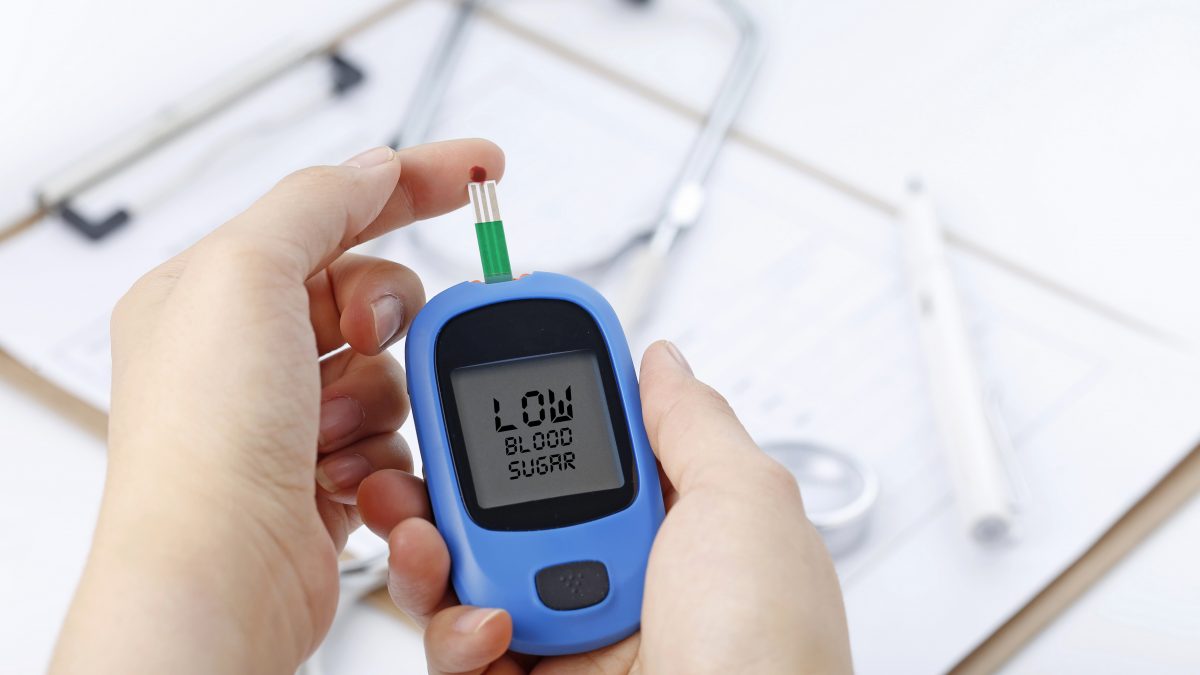While glucose level fluctuates throughout the day, regardless of when or what the previous meal was, your blood sugar test should never exceed 200 mg/dl. Anything that exceeds that level may indicate prediabetes, type 1 or type 2 diabetes. One of the causes of diabetes is the inability of the pancreas to adequately generate or use insulin, which results in dangerously high blood glucose levels.
There are several natural ways to reduce your blood sugar without the use of medications. Even if your doctor recommends medical diagnostics and medication to regulate your blood sugar, the prescription may never work if you don’t follow these healthy techniques to lower your blood sugar.
1. Monitor your carbohydrate consumption.
When it comes to maintaining a normal blood sugar level, what and how you eat matters a great deal. Choosing meals that stabilize your blood sugar and minimize high blood sugar spikes can help you prevent or manage diabetes. Some diets oversimplify food consumption by recommending low- or no-carbohydrate options. More nuanced considerations are at play.
Tracking the foods that raise your blood sugar levels, such as baked goods, processed meats, and fried food, may be an excellent way to adjust your diet to keep your blood sugar in check.
2. Consume meals with a GI level of low to medium.
Low- to medium-GI (glycemic index) foods are ideal. These are low-glycemic index meals that take longer for your body to digest. The blood sugar level of some individuals may be balanced by eating a mixture of low and high GI meals.
3. Increase your fiber intake
To reduce blood sugar, meals with a lot of soluble fiber are usually high in fiber content. Focus on consuming foods that regulate blood sugar, such as whole-grain bread or pasta, sweet potatoes, legumes and lentils, nuts, and non-starchy veggies like broccoli and cauliflower.
Fiber-rich meals might make you feel more satisfied. As a result, you’ll be less likely to overeat or develop cravings for sugary meals. According to the Mayo Clinic, men should consume 30 to 38 grams of protein per day, while women consume 21 to 25 grams.
4. Avoid supplements whenever possible.
Maintaining a healthy blood sugar level is not an easy task. A supplement or vitamin can’t regulate blood sugar level on its own; these substances may become harmful when combined with other drugs. Before regulating your blood sugar with dietary supplements, shakes, or vitamins, talk to your doctor and ask for a referral to a dietician who specializes in this area.
ALFA DIAG’s mission is to provide high-quality medical equipment in Dubai that is compliant with the criteria of reference regulatory agencies, such as the US-FDA, EMA, MHLW, ANPP, and SFDA. In-vitro diagnostics, medical diagnostics devices, and other pharmaceutical industries are their primary focus areas.
1 Comment
Leave a Reply Cancel reply
Recent Posts
- Castor Oil For Better Hair Growth: Is It Myth Or Fact?
- Exploring the Differences Between Sermorelin, Ipamorelin, Ibutamoren, GHRP2, and GHRP6: Understanding Their Role in Human Growth Hormone Regulation
- Unraveling the Mystery: Understanding the Causes and Prognosis of Ventricular Tachycardia Without Apparent Heart Disease
- Understanding Grandparents’ Rights in Oklahoma: Navigating Visitation and Legal Protections
- 10 Reasons to Consider Hypnotherapy for Your Health


Amazing article
Thank you for this information